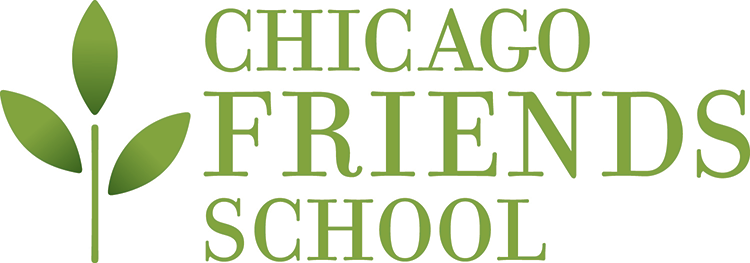Problems arise in any classroom and part of my job is helping kids learn to deal with them. In an effort to establish some common language within our classroom surrounding problem-solving, I have begun to identify the size of a problem as “pebble,” “rock,” or “boulder.” Pebble problems can be solved on one’s own. Rock problems can be solved with some help from a friend or the teacher. Boulder problems require an adult. This language is a way for me to try to help students gain perspective on the problem at hand, without minimizing their feelings by saying something like, “That’s no big deal” or “It doesn’t matter.” Rather, if a student experiences a small injustice (i.e. a classmate takes the pencil they were using), but reacts with a very strong feeling (i.e. anger), I can try to help them to see that, compared to other “rock” or “boulder” sized problems, this one is a pebble. The students can also use this language with each other.
Of course there will be times when I see a problem as minor but the child truly believes it is a big problem. In these cases, the analogy helps them to compare their pebble problem to real boulder problems that they may have had or seen in the past. Also, telling students what qualifies as a “boulder” problem (in my opinion) helps them know when they should report something to the teacher. There are times that students don’t want to tattle on each other, but if a boulder-sized problem arises, I encourage students to come to me for help. I’ve noticed that this concrete analogy has been helpful to many students as they learn to put problems into perspective.


Melanie Berlin
is a classroom teacher on the K-2 team. Before moving to Chicago, Melanie lived in Philadelphia and worked for five years as lead kindergarten teacher at Mastery Charter Mann Elementary School. Previous to that, Melanie lived in the San Francisco Bay Area and taught at an independent school in Oakland, California. Melanie has her B.A. in psychology with a minor in urban education from the University of Pennsylvania. She earned her teaching degree from San Francisco State University with a focus on social justice in education.
In her free time, Melanie loves playing ultimate Frisbee, drinking coffee, playing board games, and spending time with her husband and baby daughter.